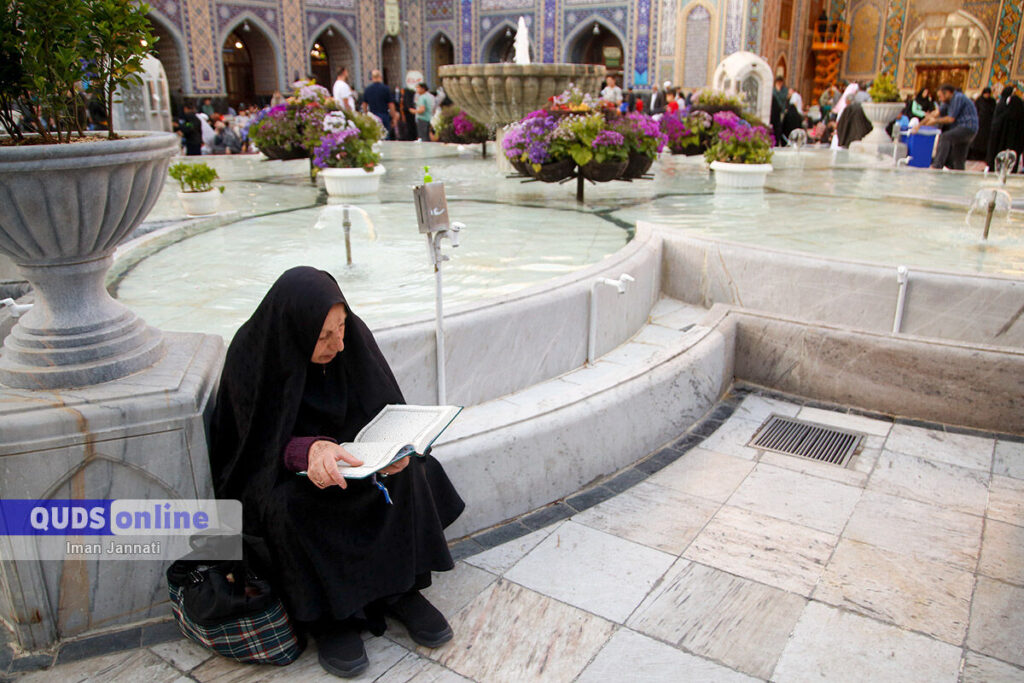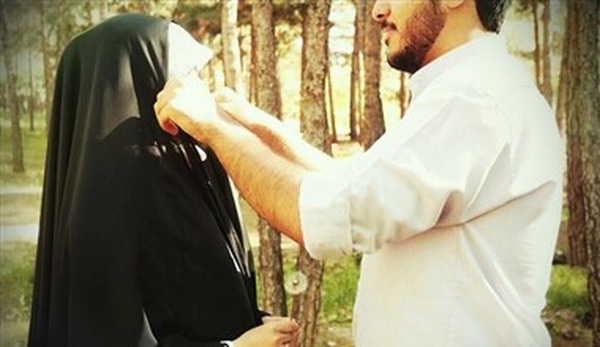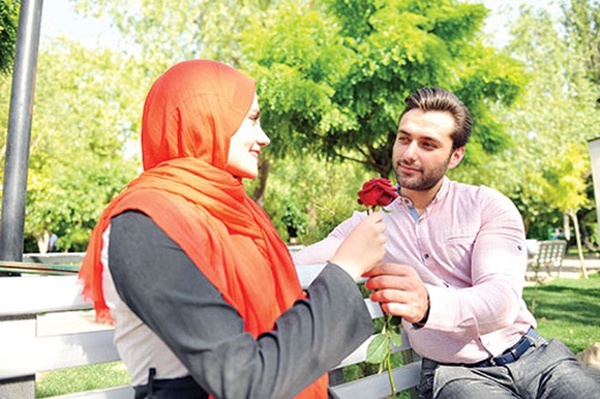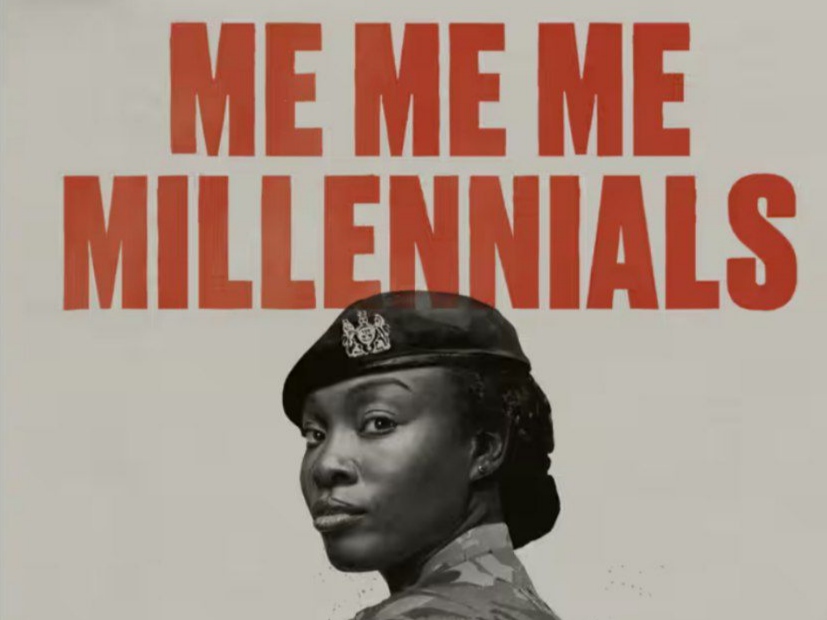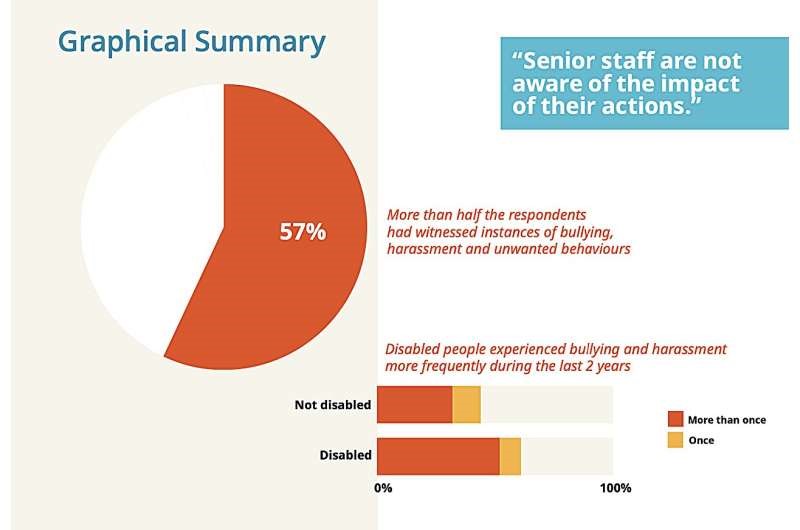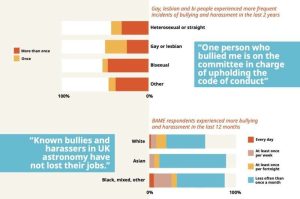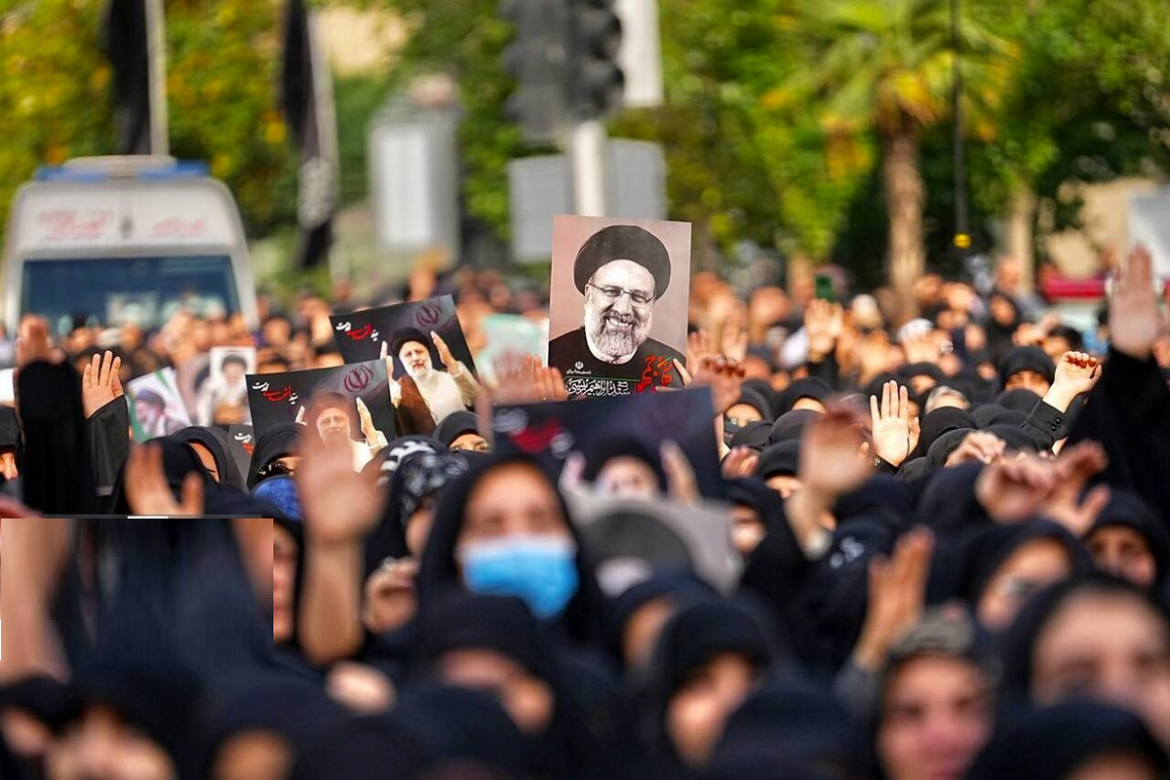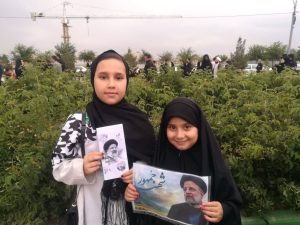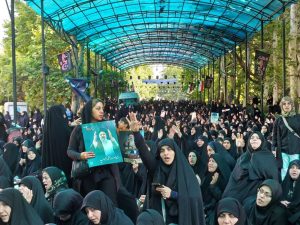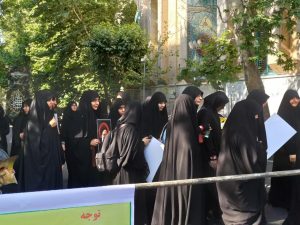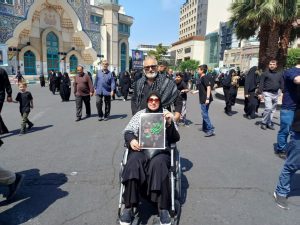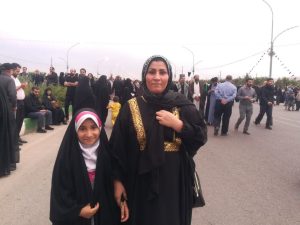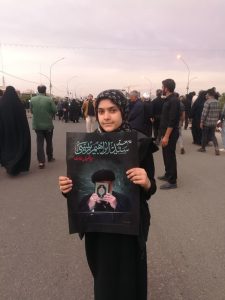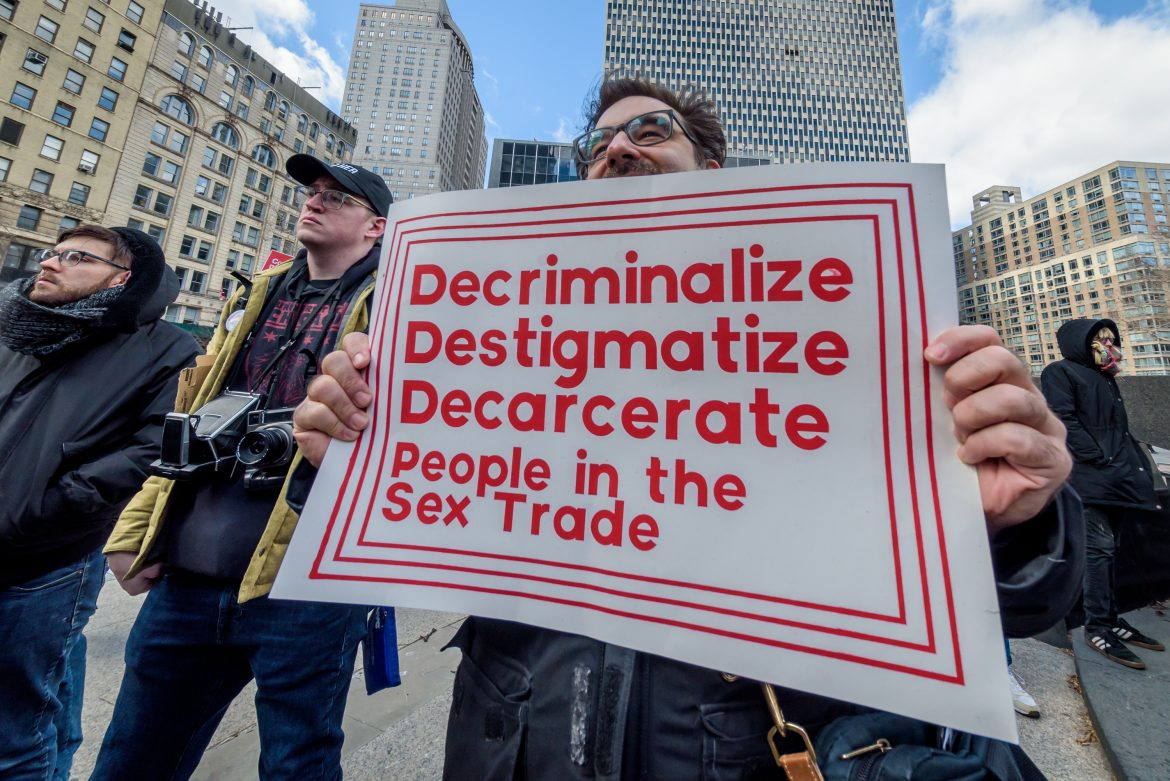On the occasion of International Women’s Day, Hamas highlighted the invaluable role of Palestinian women in the resistance against occupation, condemning the suffering they endure as a disgrace to humanity.
A Global Day to Reveal Israeli Crimes Against Women
On the occasion of International Women’s Day, the Palestinian Islamic Resistance Movement, Hamas, issued a statement condemning the crimes committed by the Israeli occupation against Palestinian women. The statement highlighted that honoring this day worldwide provides an opportunity to expose the Zionist regime’s brutal violations against women in occupied Palestine.
It emphasized that the martyrdom of more than 12,000 Palestinian women, the injury and detention of thousands more, and the forced displacement of hundreds of thousands due to Israel’s aggression and genocidal war against the Palestinian people are a stain on the conscience of humanity.
Holding the Silent Complicit Accountable
Hamas further asserted that all those complicit or silent in the face of these crimes—especially those who claim to advocate for women’s rights—bear historical, political, human, and moral responsibility for preventing the continuation of such atrocities.
Appreciating Women’s Global Support for Palestine
The statement also expressed gratitude for the role of women in the Islamic and Arab world, as well as free women around the globe, who have taken an honorable stance in support of the just cause of the Palestinian people. Hamas recognized their efforts in standing against the Israeli occupation’s aggression on Gaza and urged them to continue their activism in cities, capitals, and public squares worldwide to support Palestinian women’s resilience and the broader struggle for freedom, justice, and independence.
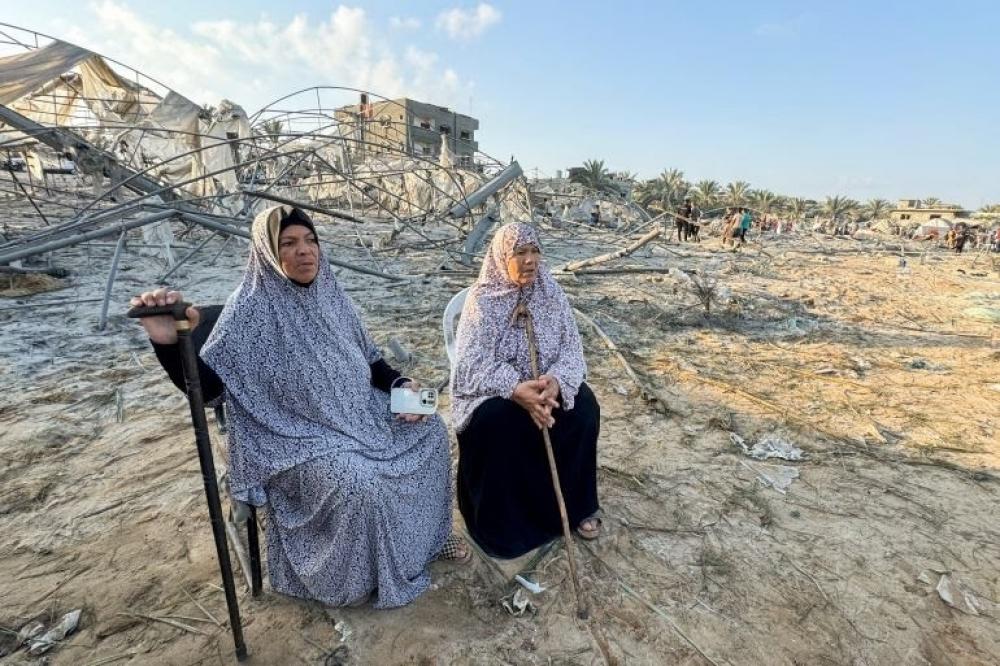
Honoring Palestinian Women in Resistance
On this occasion, Hamas also paid tribute to Palestinian women who have played a vital role in the nation’s struggle. It praised the resilience of women who continue to stand against the occupation’s conspiracies and called for global support to protect them from Israeli crimes and aggression.
Shocking Statistics: The Impact of War on Palestinian Women
Coinciding with International Women’s Day, the Palestinian Government Media Office in Gaza released alarming figures on the toll of Israel’s war on Palestinian women. The office reported that since the beginning of Israel’s genocidal war against Gaza, 12,316 Palestinian women have been killed.
According to the statement, 13,901 women have been widowed, and 17,000 mothers have lost their children. Additionally, 50,000 pregnant women are suffering under inhumane conditions. The report also revealed that 2,000 Palestinian women and girls have sustained permanent disabilities due to Israeli aggression, while dozens have been recently arrested and subjected to torture inside Israeli prisons.
Women in Gaza: Suffering Under Siege and War
The Media Office further highlighted that women in Gaza are suffering from a slow death due to the Israeli siege, lack of healthcare, and blockade of humanitarian aid. The brutal war and relentless attacks by the Israeli military have had the most devastating impact on women and children, creating unbearable living conditions.
Hamas called on the international community and its political, human rights, and humanitarian institutions to protect Palestinian women from the systematic and ongoing crimes of occupation against them.
Hamas’ Tribute to Palestinian Women and Their Struggle
The statement by Hamas concludes: “Mercy, honor, and immortality for the Palestinian martyr women, swift healing for the wounded, imminent freedom for the women prisoners in the enemy’s jails, and a soon-to-come victory for our nation, God willing.”
From: irna





